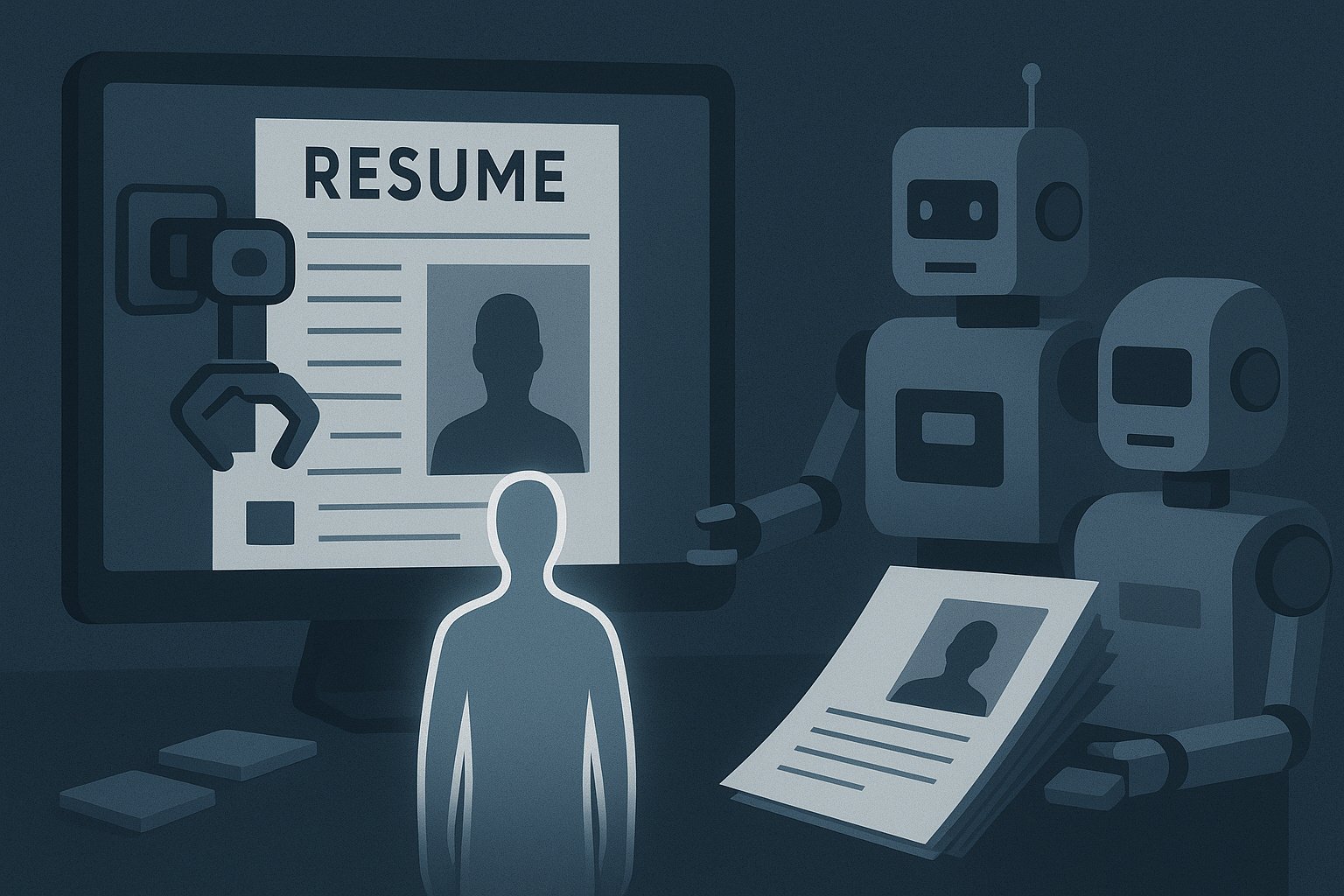Your resume is NOT a prompt. It’s your story. But that story is being flattened into AI-Slop, stripped of its humanity, and fed into machines that do not care who you are. One AI-algorithm fabricates it, another grades and filters it, and you vanish in the void.
Strong candidates aren’t rejected for lack of skill. They’re erased for failing to conform to the machine’s mold, without ever getting the chance to reach a human recruiter.
Read this article before you send another resume, It may save your career.
People have developed an instinct for weak AI-generated content known as AI-SLOP. Teachers spot it in essays. Editors see it in articles. Recruiters detect it in resumes. AI-slop has a hollow quality, like a rotten fish in a sushi bar. Experts can sense it immediately.
The question is not whether AI can write resumes; the question is whether they actually help you or quietly hurt your chances.
Recruiters and HR specialists operate in the rhythm of resumes. They can distinguish a strong resume from a weak one within the first few sentences. Meanwhile, the hiring world is under pressure: AI-first initiatives, rising costs, shareholder demands, and relentless AI-FOMO hype. Recruiters are primed to detect anything artificial. This creates a heightened sensitivity to AI-slop.
A lot of targeted advertising is bombarding us with ads that say AI resumes lead to six-figure jobs. Yet many applicants wait months without a single interview. If AI were a guaranteed special magic sauce, then who are those “100+ people have clicked apply” within the first hour? Most with those fancy, polished, cookie-cutter, AI-generated resumes? The math doesn’t work out. At least, many should be landing interviews, and those numbers should taper off with time. Some companies even market the fact that they still use human recruiters, almost like luxury brands boasting “handmade craftsmanship.”
The issue is a circus of algorithms; AI has already diluted journalism and creativity with slop. Resume writing, once a hand-crafted art, is under the same threat. Job seekers started to rely on AI to generate resumes, while companies use AI-assisted Applicant Tracking Systems (ATS) to screen them. One AI is grading the homework of another AI, sidelining humans. Both sides lose when mastering the algorithm outweighs real skill, experience, training, and education. This displaces the qualified candidates who get overlooked. While recruiters end up interviewing those who hacked their way through the AI maze, not those with genuine accomplishments.
This vicious loop creates bias. It rewards prompt manipulation and punishes authenticity. Opportunity shrinks for those who cannot mimic the algorithm. Human judgment is delayed, diminished, and displaced. Remember: When machines judge each other, human truth becomes irrelevant.
So, what can you, as a job seeker, do? AI may be a necessary evil, but do not surrender your identity to it. Stay in control. Use AI for formatting or minor assistance. Write full sections, provide context, highlight your individuality, review the AI output, and formulate it in your own tone. Your resume should reflect your journey, your growth, and your aspirations. It should represent your story and how it aligns with the position description. Your story, not someone or something else’s. Don’t be afraid to consult a mentor or a seasoned hiring manager. They can provide great insights
Even with these efforts, landing the job is never guaranteed. Success is not assured. The true measure is pride in your creation. A resume that reads as if it were someone else’s voice could be a lost opportunity. A resume that is unmistakably yours carries the essence of who you are, and that alone is worth the struggle. But in the resume-slop world, it could be your differentiating factor to being noticed.
What is yours cannot be replaced, what is borrowed cannot speak for you.




